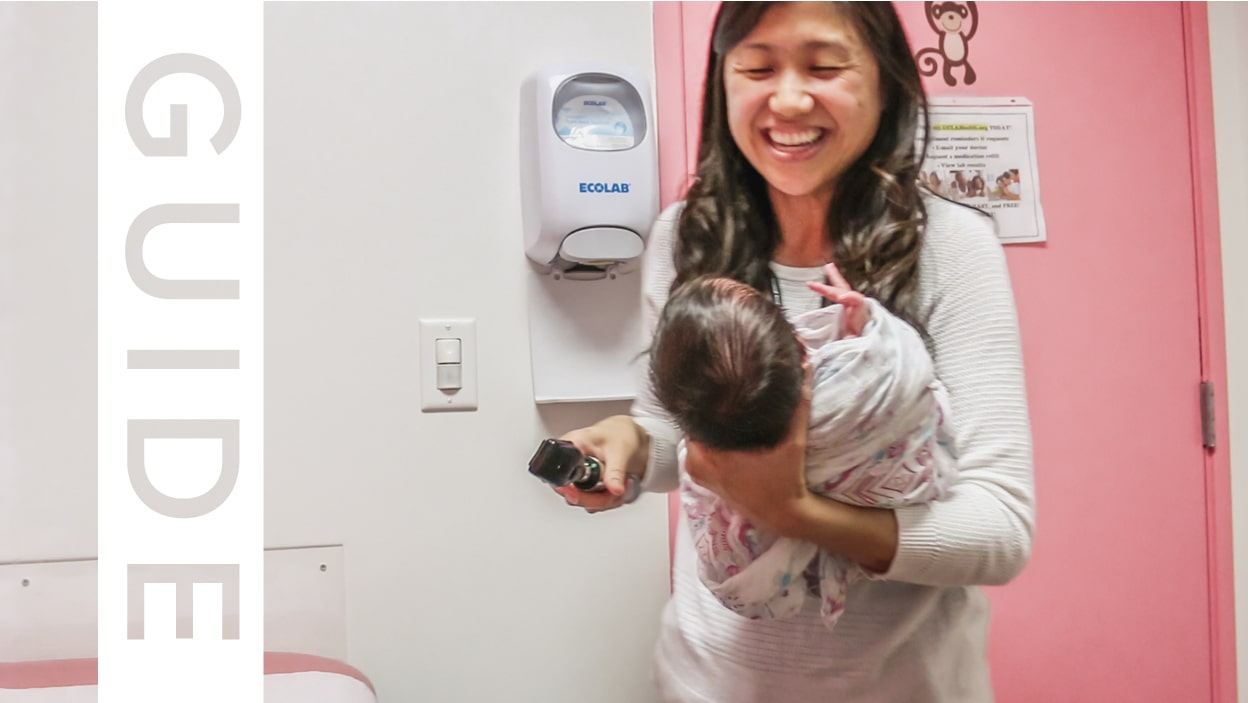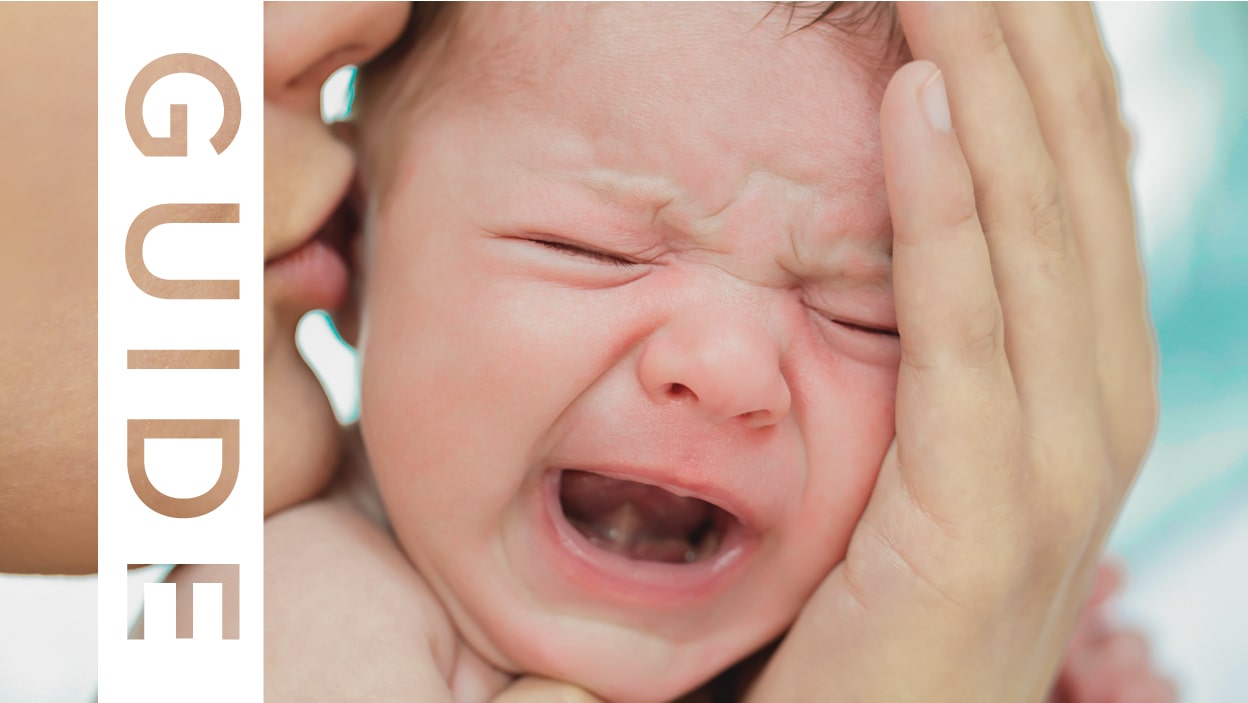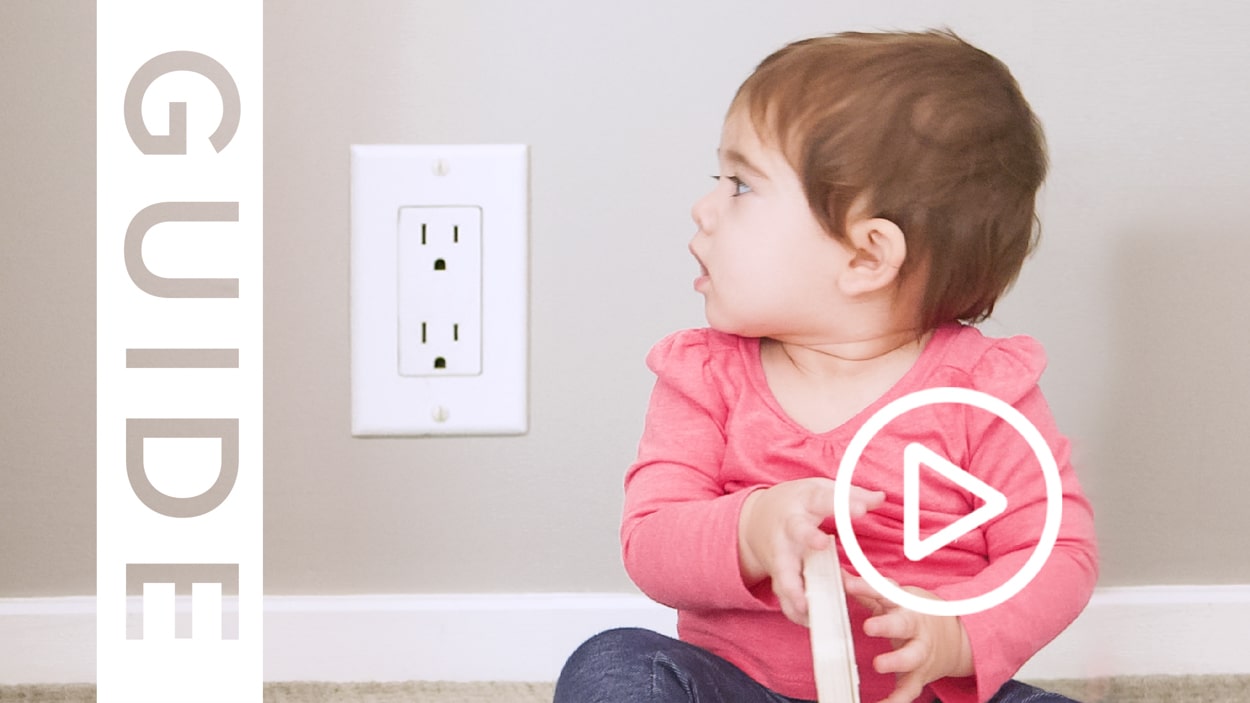

Approved by the What’s Up Moms Medical Advisory Board
“OK, so… germs. Should I keep my dog and cat separate from my baby? And how bad is it that my toddler keeps licking his shoe?”
As a pediatrician in a busy private practice, I hear questions like this a lot. And as a mom of three toddlers, I’ll admit that chasing my daredevils around all day means that washing the floor often ends up last on my to-do list. Thankfully, recent studies seem to provide a medical basis for letting go of the need to keep those kids sparkly clean. Over and over, these studies indicate that getting dirty is good for our kids, in more ways than one.
The reason for this lies in something called our microbiome. Each of our guts is filled with billions of tiny microorganisms (or germs), mostly bacteria that have made their way in over the years –from exposure to dirt, plants, fur and pretty much every natural resource around us — and created a home. An individual’s unique combination of organisms is called the microbiome. And although some bacteria can cause infections, many bacteria actually serve helpful and protective roles in our gut, helping us digest food, fight infections, and even help produce vitamins from the foods we eat.
We’re still figuring out which types of bacteria are the most beneficial (hence all those probiotics products you’ve been seeing in the past few years), but one thing is clear: diversity is generally a good thing. And young children in particular seem to get the most benefit from exposure to a wide range of organisms.
So here’s what the science tells us…
- Children raised in a home with dogs and cats (especially dogs who are both indoor and outdoor pets) in their first year of life have up to a 30% reduction in ear infections and colds. So there’s no need to banish little Fido to the doghouse.
- Children who grow up on a farm have about a 50% reduced risk of asthma compared to those who don’t. So while I don’t advise you to pack up your life and start a dairy ranch, regular outings to farms or pick-your-own produce spots can be a great way to teach kids about healthy foods while also getting in some vitamin D and building a little immunity.
- Babies whose parents cleaned the pacifier by sucking on it themselves were less likely to develop food sensitivities or eczema compared to those whose parents washed or sterilized it. I wouldn’t necessarily advocate for all parents to start doing this (especially those with a history of cold sores), but I’ll admit that by my third child, this became my go-to cleaning method.
- Thumb-sucking and nail-biting habits in childhood are associated with fewer allergies in young adulthood, even extending to age 32 (this was a finding from a study in New Zealand that tracked children for over three decades!). Again, I wouldn’t encourage people to pick up these habits just for the allergy-reduction benefit, but it’s certainly another powerful demonstration that exposure to dirt (like the kind that gets under your fingernails) plays an important role in allergy reduction.
So what does this mean for our kids? Bathing your newborn a couple of times a week is probably just fine. Letting your little crawler explore the world on all fours should be encouraged. Go ahead and let your kiddos build those mud pies. And if you’re feeling overwhelmed with all the demands of raising your children and keeping a clean home, you’ve got medical science there to tell you to give yourself a break and let your house get a little dirty… and maybe your kids will thank you for it later!







